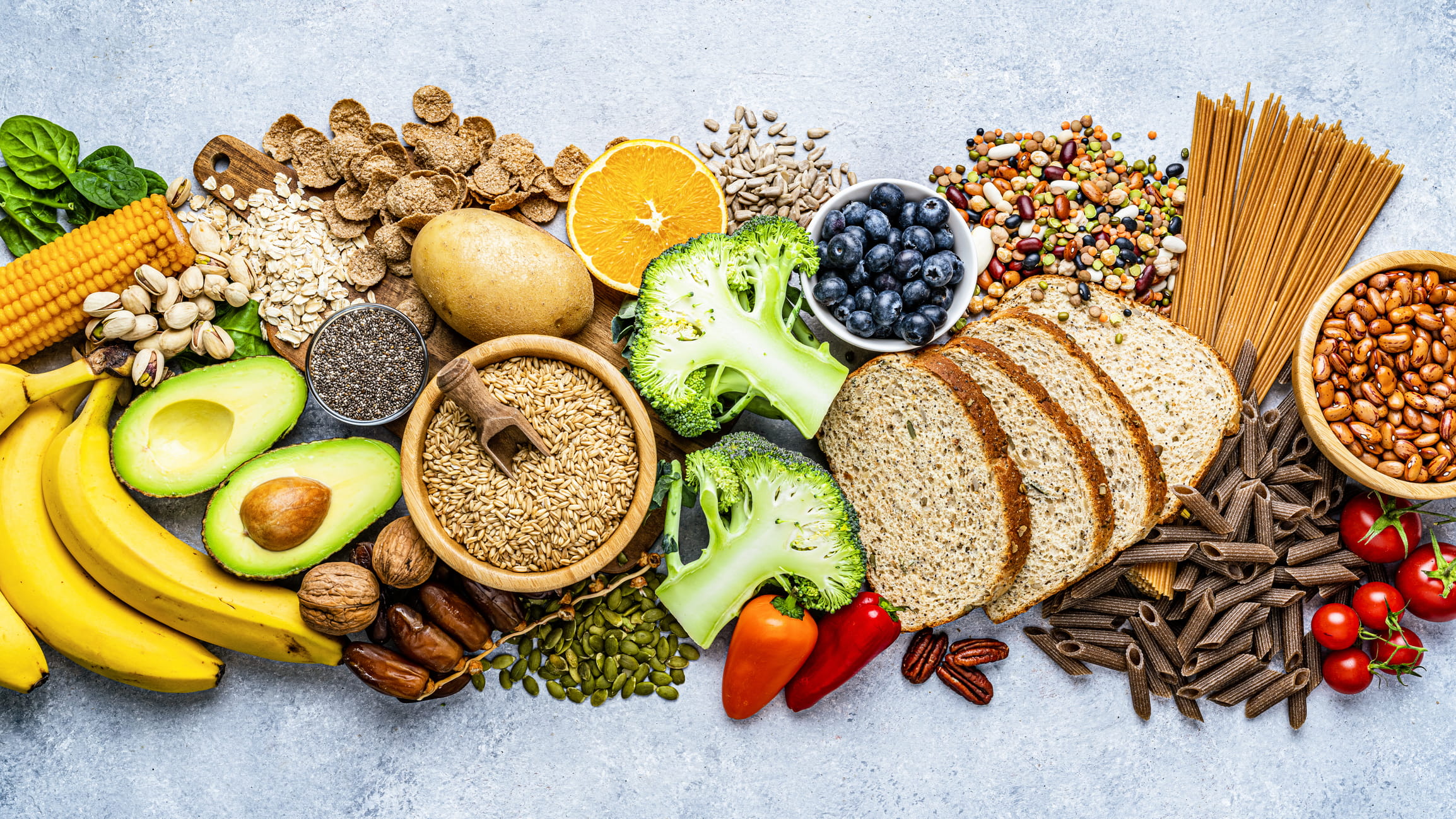What are antioxidants and how do they help the body?

Antioxidants are important molecules that prevent cell damage by stopping the formation of harmful free radicals. By fighting free radicals, antioxidants help keep the body healthy and may lower the risk of heart disease, cancer and age-related diseases.
There are plenty of foods that are packed with antioxidants — and incorporating them into your diet can be as easy as enhancing your morning oatmeal with a handful of berries. While this sounds simple, truly understanding how antioxidants prevent illness is key to achieving and preserving your health and wellness.
Diseases prevented or improved by antioxidants
Antioxidants are important for preventing and managing several diseases. For example, neurodegenerative diseases, like Alzheimer's disease and Parkinson's Disease, are caused by neuron damage, with oxidative stress playing a key role. Antioxidants can help protect neurons by neutralizing free radicals, potentially slowing disease progression. Eating a diet high in antioxidants may support cognitive function and reduce the risk of developing these conditions.
"Antioxidants are also beneficial for heart health by reducing the oxidation of LDL cholesterol, which can lead to atherosclerosis, and they have anti-inflammatory properties that improve blood flow and lower the risk of heart attacks and strokes," says O. Nefertiti Nwaobasi, MD, a primary care doctor at Main Line Health.
Incorporating antioxidant-rich foods into your diet
Eating a variety of colorful fruits and vegetables is an easy way to incorporate antioxidants into your diet. Different colors indicate different antioxidant benefits, such as lycopene in red foods like tomatoes and watermelon and lutein and zeaxanthin in dark leafy greens like kale and spinach. This simple strategy not only looks appealing but also ensures you get a wide range of antioxidants for overall health.
Adding whole grains like quinoa, barley and oats to your meals can increase your antioxidant levels. These grains are rich in fiber and antioxidants, making them a healthy addition to any meal from breakfast to dinner.
"Trying new foods can be a fun way to boost your antioxidant intake. Include exotic fruits and vegetables in your meals or switch to antioxidant-rich snacks like berries and nuts. This adds diversity to your diet and improves your nutrient intake," says Dr. Nwaobasi.
When cooking, be mindful of how you prepare your food as some antioxidants can be lost in the process. Choose to steam or microwave instead of boiling you food to help it retain more antioxidants in your vegetables. Eating certain foods raw can also help you get more vitamins and enzymes that might be lost when cooked.
By incorporating these practices into your routine, you can enhance your diet with a rich variety of antioxidants, supporting your health without needing a drastic lifestyle change.
Foods rich in antioxidants
Antioxidant rich foods can be broken down into the following groups and include:
- Berries: Blueberries, strawberries and raspberries are visual indicators of high antioxidant content, thanks to their vibrant colors.
- Dark leafy greens: Spinach, kale and Swiss chard are dense with a variety of antioxidants, including vitamin A, which can help lower the risk of certain diseases.
- Nuts and Seeds: Walnuts and flaxseeds are crammed with antioxidants including vitamin E, aiding in cellular protection.
- Legumes: Beans and lentils bring a wealth of antioxidants, such as flavonoids, expanding the diversity of antioxidants available.
- Whole grains: Grains like quinoa, barley and oats offer selenium among other antioxidants, playing a crucial role in overall health and disease prevention.
Should you take antioxidant supplements?
Supplements can be helpful for those with dietary restrictions or limited access to fresh produce, as they can provide the necessary antioxidants that may be missing in their diet. However, you should always talk with your doctor to see if you need one.
"It's important to be cautious about antioxidant supplements," says Dr. Nwaobasi. "They may not always be effective or safe and high doses can sometimes have negative effects."
For instance, taking too much vitamin E has been connected to a higher risk of cancer and stroke. That's why it's important to consult with your doctor before taking any supplements to ensure you're making informed choices that support your health. They can provide guidance tailored to your specific needs and help you determine the right dosages for consuming antioxidants safely, if it's appropriate for you to take them.
It's clear that antioxidants play a crucial role in protecting our bodies from diseases and improving overall health. By prioritizing antioxidants in our diet, or taking supplements when necessary, we can proactively enhance our health and well-being.
Next steps:
Make an appointment with O. Nefertiti Nwaobasi, MD
Learn more about primary care at Main Line Health
Iron and your health: Understanding iron's importance, benefits and sources
 Content you want, delivered to your inbox
Content you want, delivered to your inbox
Want to get the latest health and wellness articles delivered right to your inbox?
Subscribe to the Well Ahead Newsletter.
